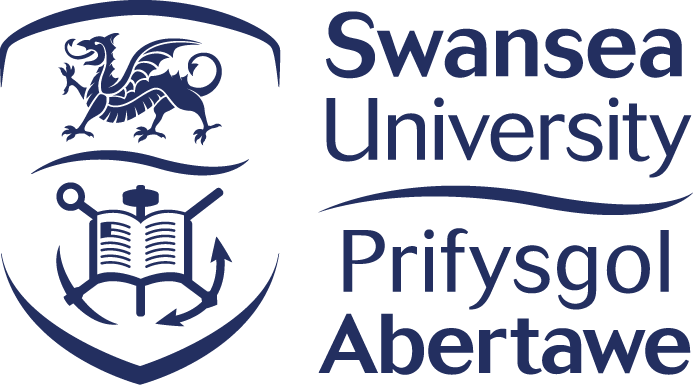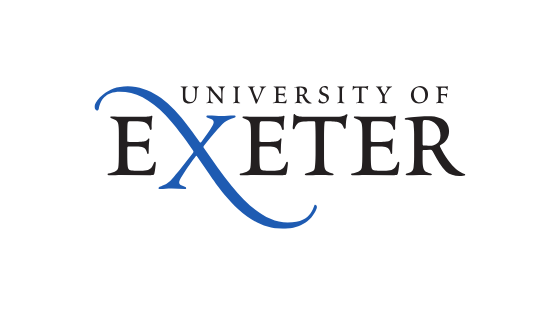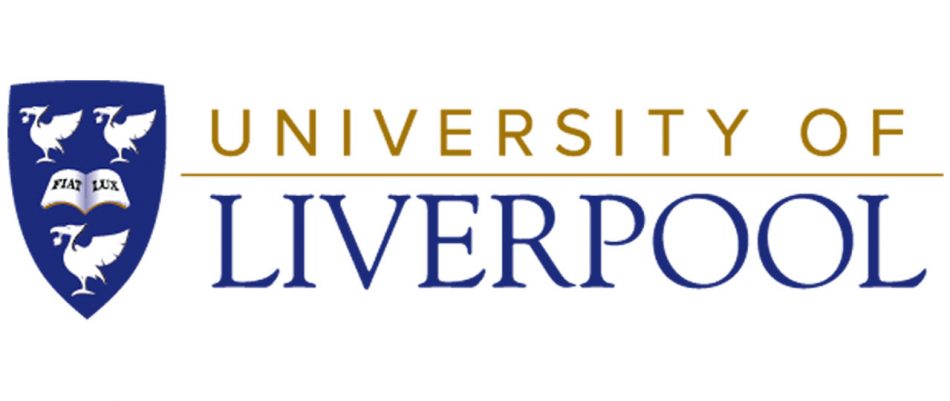Health Data Science: Unlocking the Future of Healthcare
Welcome to the world of Health Data Science, a dynamic field that combines data analytics, statistics, and healthcare knowledge to drive groundbreaking innovations. For Indian students aspiring to study abroad, pursuing a degree in Health Data Science opens doors to global opportunities in one of the fastest-growing sectors. Whether you're passionate about improving patient outcomes or revolutionizing public health, this course equips you with the skills to analyze vast amounts of health data and make informed decisions that save lives.
Studying Health Data Science abroad, particularly in countries like the USA, UK, Canada, or Australia, provides access to world-class facilities, cutting-edge research, and diverse networks. Indian students benefit from scholarships, multicultural environments, and pathways to post-study work visas, making it an ideal choice for building a rewarding international career.
What is Health Data Science?
Health Data Science is an interdisciplinary field that applies data science techniques to healthcare challenges. It involves collecting, processing, and interpreting data from electronic health records, wearable devices, clinical trials, and genomic sequences to uncover patterns and insights. Imagine using machine learning to predict disease outbreaks or optimizing hospital resources through predictive analytics—these are just a few real-world applications.
At its core, Health Data Science bridges the gap between raw data and actionable healthcare strategies. Professionals in this field use tools like Python, R, SQL, and big data platforms to handle complex datasets while adhering to ethical standards and privacy regulations such as HIPAA or GDPR. For students from India, where healthcare systems are rapidly digitizing, this knowledge can translate into impactful contributions back home or in global settings.
- Data Collection: Gathering information from diverse sources like patient surveys and medical imaging.
- Analysis and Modeling: Applying statistical models and AI to identify trends.
- Visualization and Interpretation: Creating dashboards and reports to communicate findings to non-technical stakeholders.
- Ethical Considerations: Ensuring data privacy and bias mitigation in algorithms.
This field is evolving rapidly, with the global health data analytics market projected to reach $75 billion by 2026. For Indian students, it's a chance to engage with technologies that address pressing issues like telemedicine in rural areas or epidemic modeling, drawing parallels to India's own health initiatives like Ayushman Bharat.
Why Study Health Data Science Abroad as an Indian Student?
India produces millions of STEM graduates annually, but studying Health Data Science abroad offers unparalleled advantages. You'll gain exposure to advanced research labs, collaborate with international experts, and learn from case studies that go beyond textbook knowledge. Countries with strong healthcare systems provide hands-on experience through internships at leading hospitals and tech firms.
Key benefits include:
- Global Recognition: Degrees from top universities enhance your resume, making you competitive for jobs worldwide.
- Research Opportunities: Access to funding and projects on topics like AI in diagnostics, which are limited in India due to resource constraints.
- Cultural and Professional Growth: Immersing in diverse environments builds soft skills like cross-cultural communication, essential for multinational healthcare roles.
- Financial Incentives: Many programs offer scholarships tailored for international students, reducing costs for Indian applicants.
- Post-Study Work Visas: Options like the UK's Graduate Route or Canada's PGWP allow you to gain 1-3 years of work experience post-graduation.
Moreover, the demand for health data experts is soaring globally, with salaries often starting at $80,000-$100,000 USD. For Indian students, this means not just career advancement but also the ability to remit earnings or return with expertise to contribute to India's growing digital health ecosystem.
Core Curriculum and Key Topics
A typical Health Data Science program spans 1-2 years for a Master's degree and includes a blend of theoretical coursework, practical labs, and a capstone project. The curriculum is designed to build proficiency from foundational concepts to advanced applications, ensuring graduates are job-ready.
Essential modules often cover:
- Foundations of Data Science: Introduction to programming (Python/R), data structures, and algorithms.
- Biostatistics and Epidemiology: Statistical methods for health research, including hypothesis testing and regression analysis.
- Machine Learning for Healthcare: Supervised and unsupervised learning, neural networks for predictive modeling in diseases like diabetes or cancer.
- Big Data Technologies: Handling large datasets with Hadoop, Spark, and cloud computing (AWS/Azure).
- Health Informatics: Electronic health records (EHR) systems, interoperability standards, and data governance.
- Ethics and Policy in Health Data: Navigating privacy laws, algorithmic fairness, and the societal impact of AI in medicine.
- Capstone Project: Real-world application, such as developing a tool for COVID-19 trend prediction or personalized medicine analytics.
Programs emphasize hands-on learning through simulations and collaborations with healthcare providers. For instance, you might analyze anonymized patient data to improve treatment protocols. Indian students will find the curriculum relevant, as it aligns with global standards while addressing universal health challenges like those seen in India's diverse population.
Top Universities and Programs for Health Data Science
Numerous prestigious institutions offer specialized programs in Health Data Science. Below is a table highlighting some top options, including duration, tuition estimates (in USD for international students), and unique features. These are particularly welcoming to Indian applicants with strong quantitative backgrounds.
| University | Country | Program | Duration | Tuition (per year) | Key Features |
|---|---|---|---|---|---|
| Harvard University | USA | MS in Health Data Science | 1-2 years | $50,000-$60,000 | Partnerships with top hospitals; focus on AI ethics. |
| University of Edinburgh | UK | MSc in Health Data Science | 1 year | $30,000-$35,000 | Strong emphasis on genomics; NHS collaborations. |
| University of Toronto | Canada | MSc in Health Data Science | 2 years | $25,000-$30,000 | Co-op placements; research in public health analytics. |
| University of Melbourne | Australia | Master of Health Data Science | 2 years | $35,000-$40,000 | Industry projects with biotech firms; visa extensions. |
| Imperial College London | UK | MSc in Health Data Analytics | 1 year | $35,000-$40,000 | Advanced ML tracks; global alumni network. |
These programs often require a bachelor's in a related field (e.g., computer science, biology, or statistics) with a minimum GPA of 3.0/4.0. Indian students should prepare for GRE/IELTS and highlight any prior data projects in their applications.
Career Opportunities in Health Data Science
Graduates of Health Data Science programs are in high demand across sectors. The field's versatility allows you to work in hospitals, pharmaceutical companies, government agencies, or tech giants like Google Health or IBM Watson Health. In India, opportunities abound with firms like TCS, Infosys, or health startups in Bengaluru and Hyderabad.
Popular career paths include:
- Health Data Analyst: Interpreting data to support clinical decisions; average salary: $70,000-$90,000.
- Bioinformatics Specialist: Analyzing genomic data for drug discovery; salary: $80,000-$110,000.
- Machine Learning Engineer in Healthcare: Developing AI models for diagnostics; salary: $100,000+.
- Public Health Data Scientist: Modeling epidemics for organizations like WHO; salary: $75,000-$95,000.
- Consultant: Advising on data strategies for healthcare firms; freelance opportunities common.
With experience, you can advance to roles like Chief Data Officer or lead research teams. For Indian students, this degree facilitates H-1B visas in the US or skilled migration to Australia, blending global exposure with contributions to India's National Digital Health Mission.
Scholarships and Financial Aid for Indian Students
Funding your studies abroad is crucial, and many options exist for Indian students. Universities offer merit-based scholarships covering 20-100% of tuition, while governments provide additional support.
Recommended scholarships:
- Fulbright-Nehru Master's Fellowships (USA): Full funding for outstanding Indian students; covers tuition, living expenses, and travel.
- Chevening Scholarships (UK): Fully funded for one-year Master's; focuses on leadership potential.
- Vanier Canada Graduate Scholarships: $50,000 annually for research excellence.
- Endeavour Postgraduate Scholarships (Australia): Up to $140,000 for tuition and stipends.
- University-Specific Aid: Harvard's financial aid packages or Edinburgh's international bursaries for South Asian students.
Additionally, Indian government schemes like the National Overseas Scholarship provide loans and grants for SC/ST students. Start by checking eligibility on official websites and preparing strong SOPs emphasizing your interest in health equity.
Application Process and Next Steps
Applying for Health Data Science programs is straightforward but requires planning. Begin 12-18 months in advance:
- Research Programs: Use platforms like our study abroad portal to compare options.
- Prepare Documents: Transcripts, resume, letters of recommendation, and a statement of purpose highlighting your passion for data-driven healthcare.
- Standardized Tests: Take GRE (if required), IELTS/TOEFL for English proficiency (aim for 7.0+ in IELTS).
- Apply for Visas: F-1 for USA, Tier 4 for UK—gather financial proofs and acceptance letters.
- Seek Guidance: Consult education counselors for personalized advice on scholarships and visas.
Deadlines typically fall between December and March. With determination, Indian students like you can turn dreams into reality.
In conclusion, Health Data Science is more than a course—it's a gateway to transforming healthcare globally. By studying abroad, you'll not only acquire cutting-edge skills but also join a community driving positive change. Start your journey today and shape the future of health innovation.






